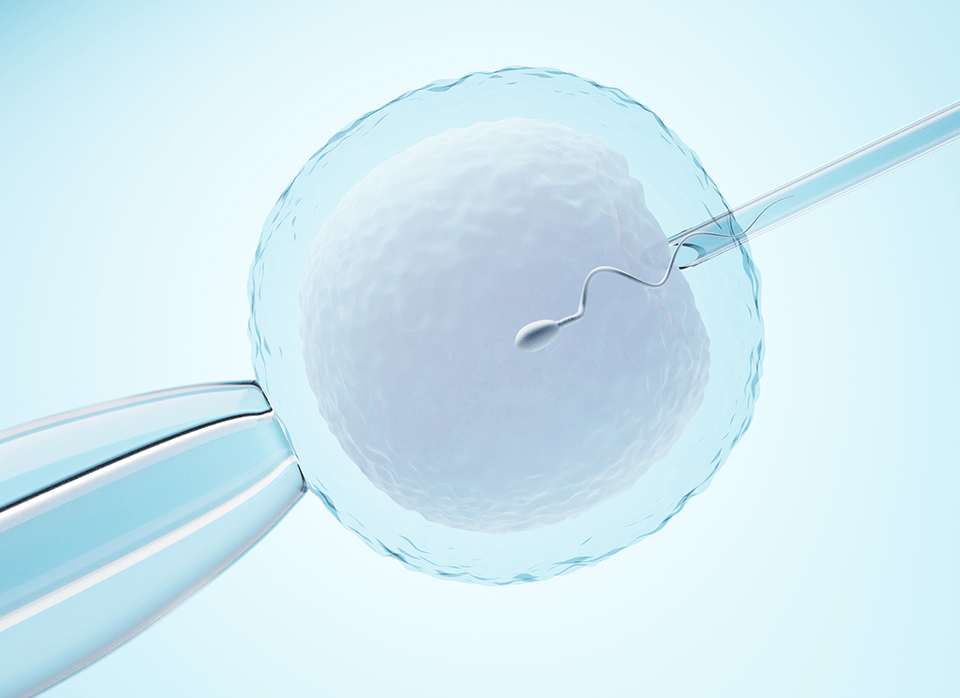
Can I choose when to have my pregnancy?
August 14, 2025
Fertility vacation packages in Cancun
August 29, 2025Does age affect male fertility? When talking about fertility, most of the time the focus is on women and how their egg count decreases over time. However, male fertility is also affected by age. Although men can produce sperm almost their entire lives, the quality of that sperm changes with age, which can directly influence the chances of achieving a pregnancy and the health of the future baby.
At Advanced Fertility Center Cancun we focus on both female and male fertility.
How can age affect male fertility?
Unlike women, who are born with a limited number of eggs, men produce sperm constantly. Even so, this production is not immune to the passage of time. Starting at age 40, studies show that the quantity, motility, and genetic quality of sperm tend to decline.
This means that although a man in his 50s or 60s may still be fertile, the chances of achieving a successful pregnancy may be lower compared to a younger man. In addition, the risk of certain complications during pregnancy increases when the father is older.
What changes occur in sperm as years go by?
-
Decrease in sperm motility.
Sperm lose speed and strength, making it more difficult to reach the egg. -
Alterations in morphology.
The percentage of sperm with abnormal shapes tends to increase, reducing the ability to fertilize. -
Greater sperm DNA fragmentation.
With age, sperm are more prone to genetic alterations, which may increase the risk of miscarriages or certain diseases in children. -
Reduction in concentration.
Although production does not stop, the number of sperm in each ejaculation may be lower.
How can this affect a pregnancy?
-
Problems with sperm quality reduce the chances of achieving a natural pregnancy.
-
DNA damage in sperm may prevent the embryo from developing properly.
-
Studies have linked older paternity with a higher probability of certain conditions.
We invite you to read our blog post: What questions should you ask during your fertility consultation? We believe this may be a topic of interest to you.
What habits benefit a man’s sperm health?
-
Maintaining a nutritious and balanced diet.
-
Exercising regularly.
-
Sleeping properly.
-
Avoiding excessive tobacco and alcohol.
-
Reducing stress.
What habits can harm sperm quality?
-
Frequent exposure to heat in the genital area, such as excessive laptop use on the lap, saunas, or very tight clothing.
-
Use of recreational drugs.
-
A diet high in saturated fats and ultra-processed foods.
-
Prolonged sedentary lifestyle.
Taking care of fertility is not exclusive to women: men must also be aware that their age and lifestyle directly impact the couple’s reproductive future.
At Advanced Fertility Center Cancun we have a team of specialists who will provide you with the professional and human care you deserve.
Now that we’ve shared a bit of information on how age affects male fertility, we’d like to know what other questions or doubts you may have about Advanced Fertility Center Cancun that you’d like our medical team to address. You can share them in the comments.
What other topics would you like us to talk about on our blog? Please write them in the comments below!
If you would like to learn more about our clinic, you can contact us here:
Follow us on Facebook | Youtube











